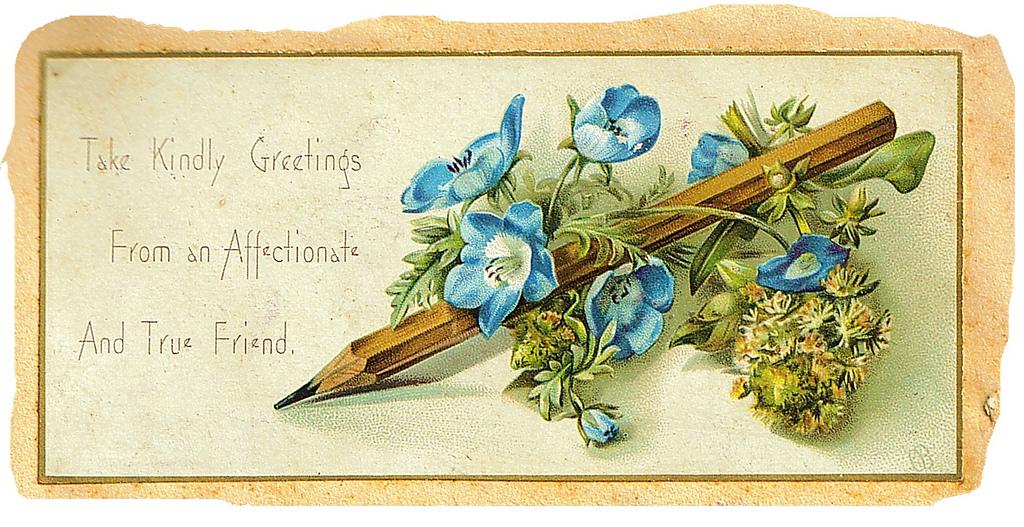Formal and Informal Language

You would use different language with a sister or brother than with a teacher or boss. You probably speak in another way at a party than at a business meeting. You could say the exact same words on the beach as in a museum, but it would probably sound quite different, even without you thinking about it.
In most cases we find the right words automatically, but in some situations we may blow it all big time - or should I say that we underestimate the delicacy of the situation. . . It's all about using appropriate language in conversation.
Whether we are being formal or casual, we need words both for starting a conversation and for finishing it. Do the 'drag and drop' below and find out how good you are at using the right greetings.
There are informal greetings we use with friends, and more formal greetings we use with strangers. Some greetings are neutral – they can be both formal and informal, or neither!
We all want to make a good impression the first time we meet someone, and knowing what kind of language to use plays a central role. Remember that you are always expected to use words like “please”, “thank you” and “excuse me” with English speakers – it is a stronger part of the culture than in Norway, where these words are used less frequently.
John Connors is a young man who has been asked to come for an interview at a company he is interested in working for. The interview is conducted by John’s prospective boss, Stanley Wellington.
Half of the lines in this conversation between the two men have been taken out and jumbled. Fill them in in their proper order (see the lines provided below), and then act them out with a partner, taking turns so that you both get to play both roles.
Next, add four or five lines to continue the interview, and act it out. You might also want to add one more character, like a co-worker of Mr.Wellington’s.
Imagine yourself in the same kind of situation as John Connors, such as going for an interview for a summer job in an English-speaking country. Write the dialogue between yourself and your prospective boss, and act it out with a partner.
Relatert innhald
Try to rewrite a text from an informal to a formal conversation.